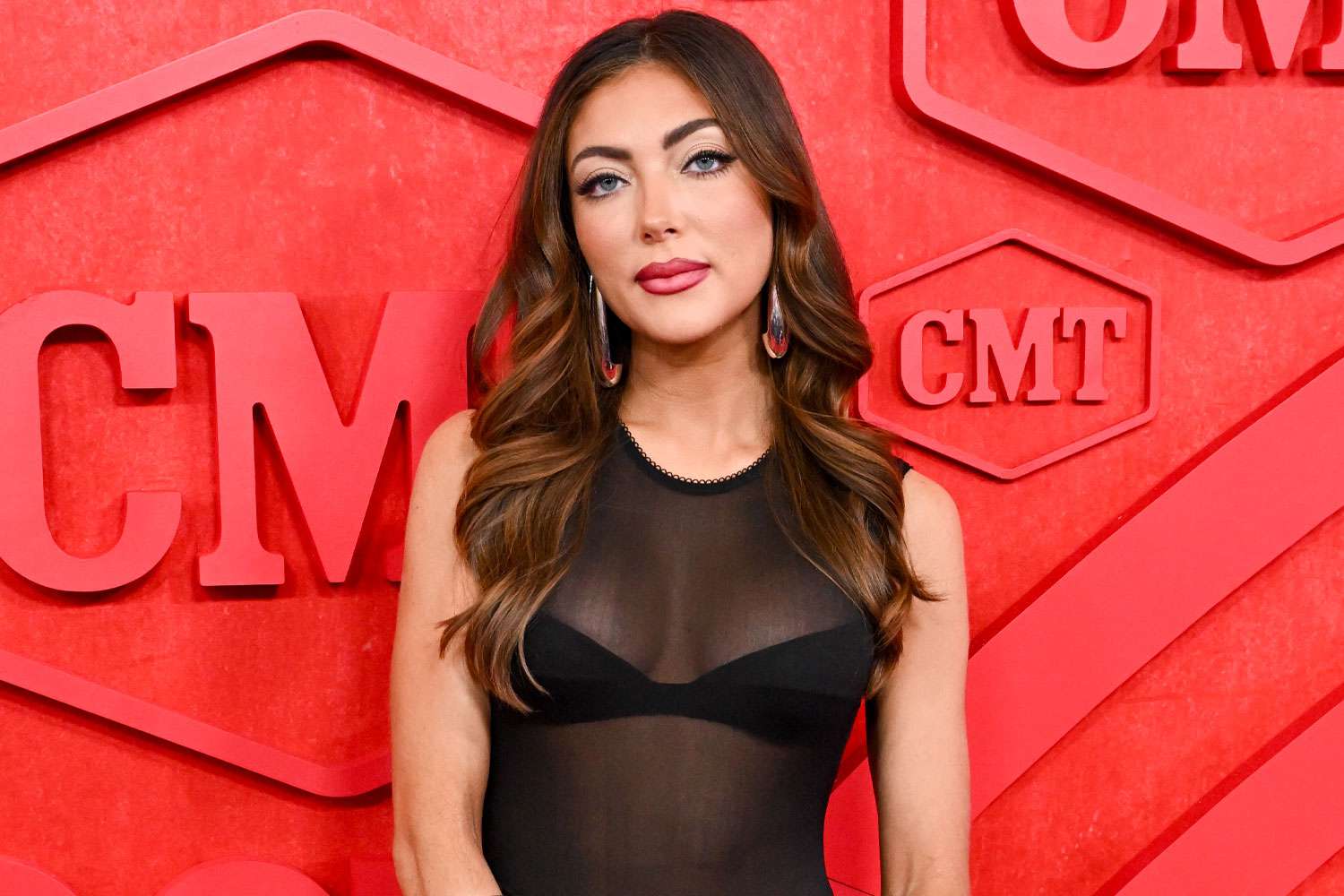Blake Lively Sues It Ends with Us Costar Justin Baldoni for Sexual Harassment, Claims He Caused Her ‘Severe Emotional Distress’

According to TMZ, the lawsuit states that Sony Pictures, who distributed the film, approved of Lively’s requests. However, Lively claims in the lawsuit that Baldoni then took part in a “social manipulation” campaign to “destroy” her reputation soon after.
Bryan Freedman, Baldoni’s lawyer, tells PEOPLE in a statement that Lively’s lawsuit was to “fix her negative reputation.” He also said that her allegations are “false, outrageous and intentionally salacious with an intent to publicly hurt.”
Freedman added that Lively caused problems on set of the film, which is currently streaming, “threatening to not showing up to set, threatening to not promote the film, ultimately leading to its demise during release.”
Representatives for Lively, Baldoni and Sony did not immediately respond to PEOPLE’s request for comment.

It Ends with Us follows Lily, played by Lively, a woman who moves to a new city, where she meets and falls in love with a man named Ryle, portrayed by Baldoni, who becomes abusive. Then, her first love reappears, and her world changes.
Reports of Baldoni’s alleged behavior surfaced earlier this year, when The Daily Mail published a report alleging Baldoni was “chauvinistic” and “borderline abusive” on the set of It Ends with Us. The same day, Page Six reported Baldoni created an “extremely difficult” atmosphere behind the scenes for the entire cast.
Rumors of a rift between Lively and Baldoni then sparked as the cast embarked on the official press tour for the movie. Baldoni did most of his press solo and did not pose for pictures alongside the cast at the film’s New York premiere.
Fans were also quick to spot that Lively, Hoover and Jenny Slate do not follow Baldoni back on Instagram.
Costar Brandon Sklenar defended the women behind the film in an Aug. 20 Instagram post, writing, “Colleen and the women of this cast stand for hope, perseverance, and for women choosing a better life for themselves. Vilifying the women who put so much of their heart and soul into making this film because they believe so strongly in its message seems counterproductive and detracts from what this film is about. It is, in fact, the opposite of the point.”








